The second edition of Modern Nuclear Chemistry, written by established experts in the field, offers a comprehensive and detailed perspective on the principles, trends, and applications of nuclear chemistry to science and engineering, including discussions of proven scientific principles, current research, and advanced topics.
New chapters on Nuclear Forensics, Nuclear Medicine, and Particle Physics have been added to the second edition, along with updates to all other chapters, math tools, and simulations demonstrating various phenomena.
The book presents the basic physical principles of nuclear chemistry in a straightforward manner, and requires no prior knowledge of quantum mechanics. Sample problems in each chapter help students with understanding the subject matter.
Designed to be used as both a textbook and a reference book, the second edition of Modern Nuclear Chemistry is suitable for advanced undergraduate or graduate courses in science and engineering, and practice in science and engineering. The book includes extensive appendices for quick reference, as well as advanced materials and references for those seeking further knowledge.
Reviews of the first edition praised it as an excellent resource for libraries and laboratories supporting programs that require familiarity with nuclear processes, while others described it as an authoritative, comprehensive, but succinct, state-of-the-art textbook.


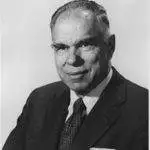

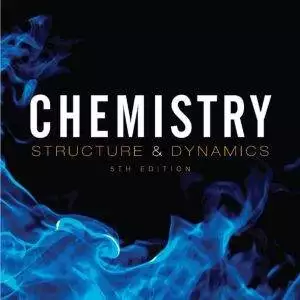
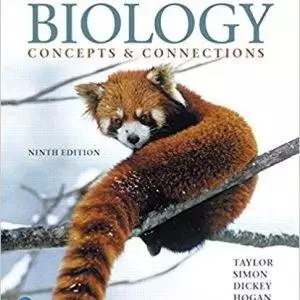
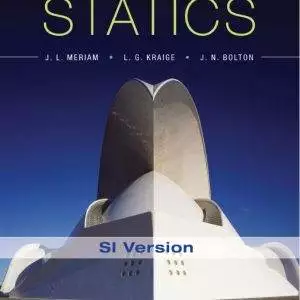
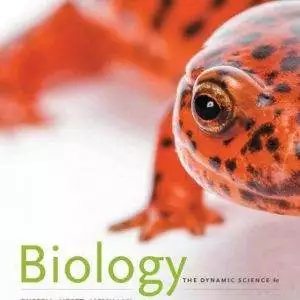
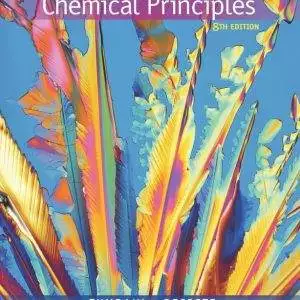
Reviews
There are no reviews yet.